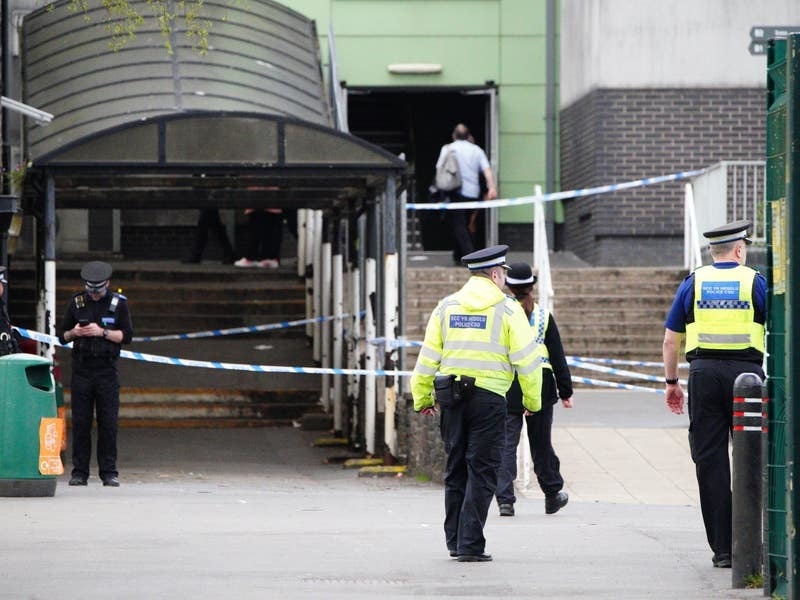Building firm Camerons and demolition contractors DB Cummins appeared in the Royal Court yesterday after carrying out work close to a live electricity cable – which should have been turned off – in a St Helier street.
An engineer called in to make the site safe described it as ‘the worst scenario I’ve ever been involved with’.
Crown Advocate Chris Baglin, prosecuting, said that Camerons were working on The Wine Bar in Bath Street in July last year and had recruited specialists DB Cummins to carry out demolition.
He said Camerons had asked Jersey Electricity to remove a street lamp at the site but the electricity firm told them that because of the scaffolding at the building there they were unable to disconnect the cable.
Camerons were told that the cable was still live on 10 July, Advocate Baglin said, but did not inform DB Cummins until 28 July.
Demolition work began the following day but employees were not warned that the cable was still live, giving rise to the charges.
‘Workers who had come into contact with it would have been seriously injured or possibly killed,’ he said.
If the cable had made contact with the scaffolding or metal fence, they would have been electrified, he added.
‘They could have injured any member of the public who came into contact with them. It was not a flagrant breach, but it was failing to recognise obvious life-threatening risks. Both companies fell short of the appropriate standards.
‘It was only a matter of good fortune that nobody was injured,’ he said.
As soon as the risk was discovered the site was closed and Jersey Electricity made it safe.
When Jersey Electricity cut off the power supply to the area, local businesses and residents were left without electricity for more than three hours.
Advocate Baglin recommended both firms should be fined £90,000.
However, Advocate William Grace, defending Camerons, said: ‘Camerons fell below the appropriate standard, but they did not act flagrantly or recklessly. They made some poor decisions.’
He added: ‘The cable was below the ground. I would submit that any risk to the public was low.’
Advocate Adam Harrison, defending DB Cummins, argued that most of the blame lay with the other firm, pointing out: ‘Camerons, as the principal contractors, had overall responsibility for the site.
‘Camerons were the principal contractors and DB Cummins were sub-contractors. They are not equally responsible.’
Both defence advocates argued that a £90,000 fine was too high.
Lieutenant Bailiff Anthony Olsen said: ‘Mercifully no-one was killed or injured, but the risk of injury or death was high in this case.’
However he gave the firms credit for pleading guilty and added: ‘The evidence does not suggest that either firm broke the law for substantial gain. The level of culpability is medium.’
As well as fines of £55,000 each, both firms were ordered to pay £5,000 in prosecution costs.
Jurats Rozanne Thomas and Robert Christiansen were sitting.






